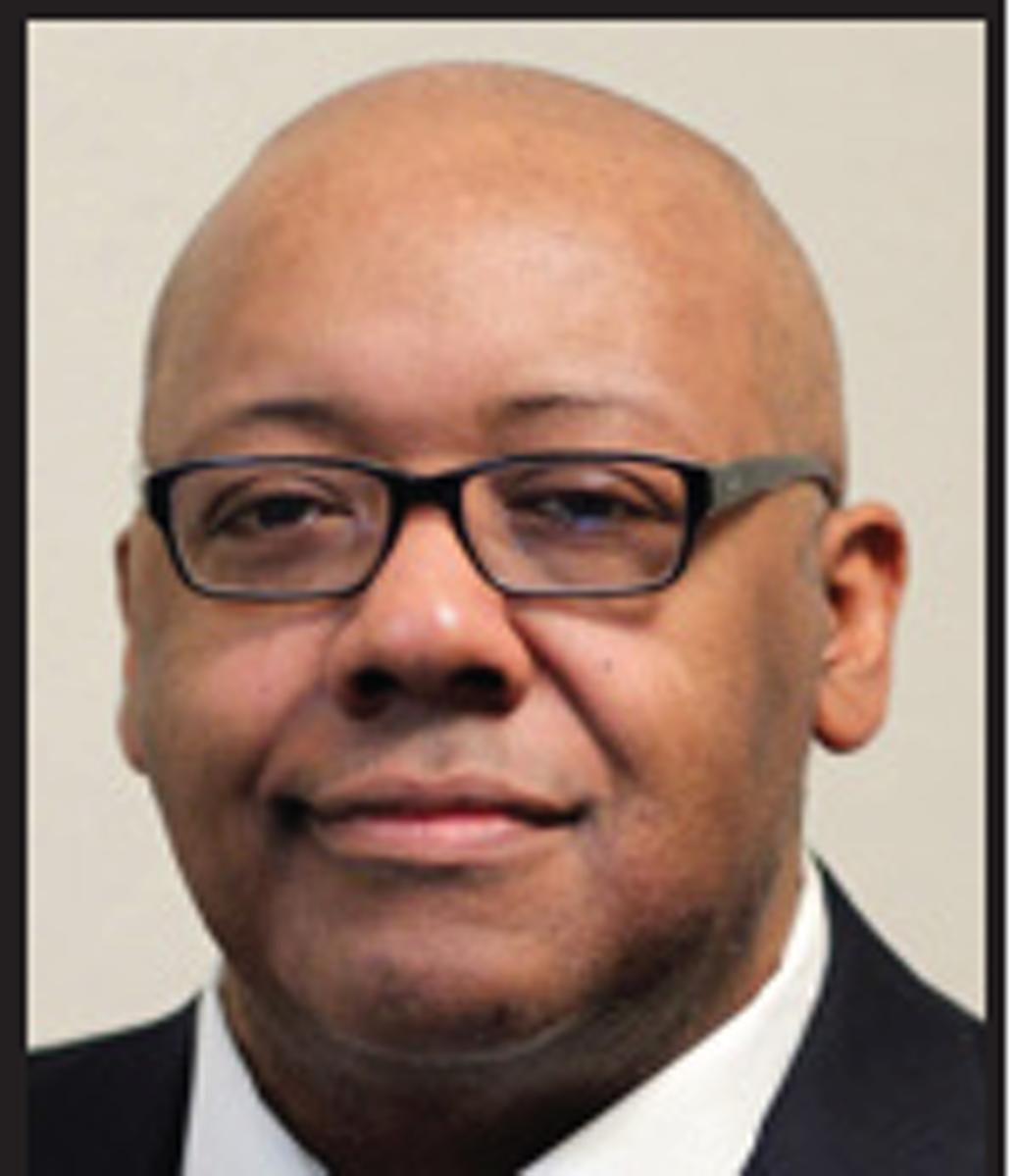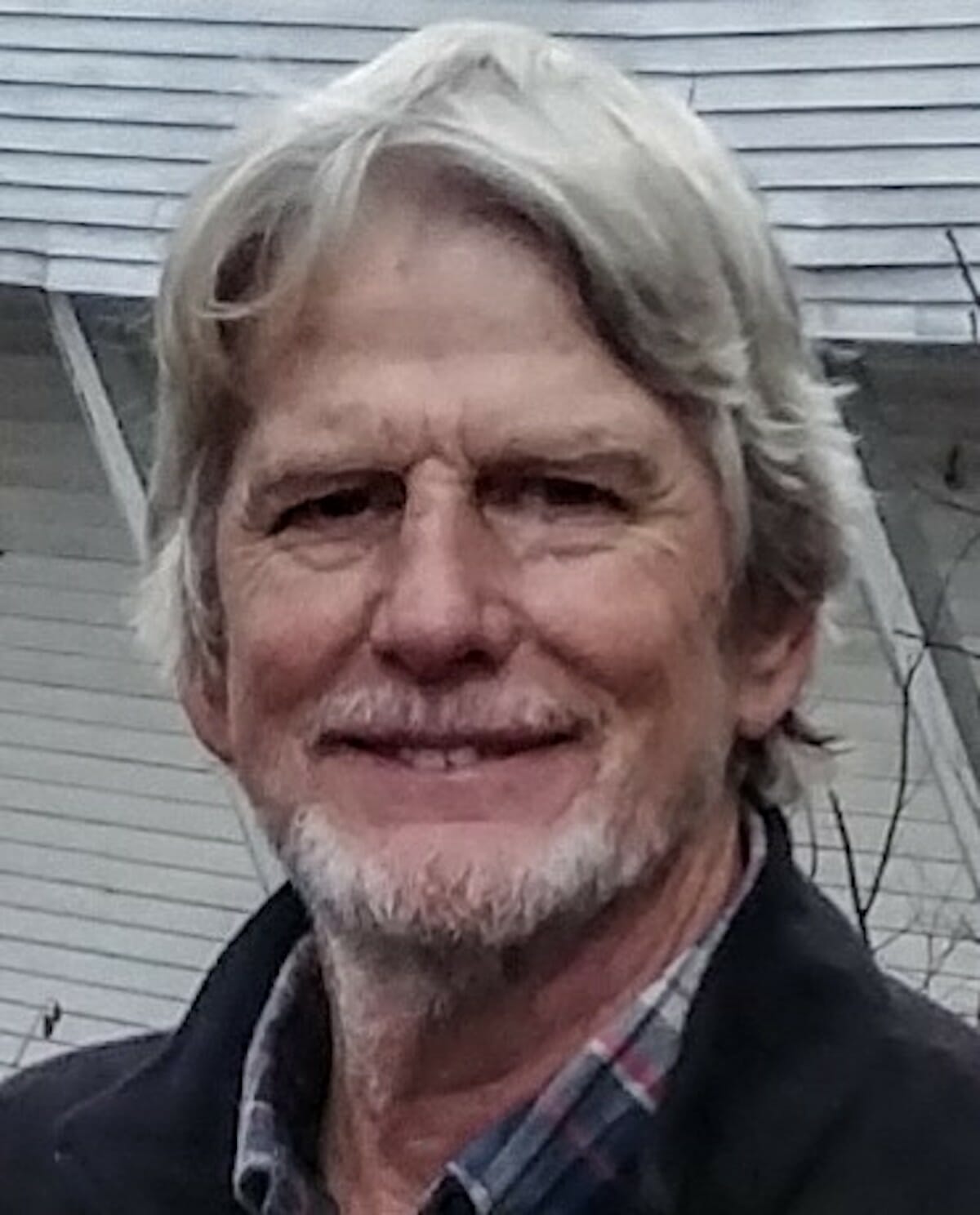By Scott Graber
It is Tuesday, and I’m sitting on my reconditioned deck in Port Royal. This afternoon the weather is cooler and so I’m tending a small fire in my stainless steel, Solo- brand fire-pot.
During my plebe year at The Citadel, I came within seven demerits of expulsion. My roommate came within nine demerits. During our final week on campus (before the summer break) we agreed that we liked each other; but we also agreed we were toxic in combination.
After a couple of beers at Rabens Tavern we decided to seek out new roommates for our second year.
In that second year, I found a new roommate but soon discovered that we shared a unique disability.
My new roommate’s father was a physician; my dad was a research immunologist; and both of these men desperately wanted their first born sons to follow in their footsteps.
My roommate’s father arranged for him to watch surgical procedures; my father arranged for me to watch autopsies. Both fathers steered their progeny into the sciences and, in my case, into science fairs where I would sometimes graft white (rabbit) skin onto black rabbits.
I don’t know what kind of grades Tommy got in high school, but I suspect they were as mediocre as my own. I can remember presenting my father with a C+ in algebra and him reacting like I had contracted smallpox.
Being a pre-med major at The Citadel was entirely inconsistent with being a successful, fully-functioning cadet. The nightly demands of the system — the rifle disassembly; the brass and shoe polishing; the folding of one’s underwear into neat, stackable rectangles — made it next to impossible to open, much less read a chemistry text.
Somehow we both survived that second year academically but were on the cusp of failure when it came to military matters. We didn’t have rank, we had way too many demerits; and I suspect there was the unspoken consensus among our peers that we belonged somewhere else.
Eventually I would find Bill Stansbury, the cadet who would become the company commander, and that attachment is what probably got me through. Tommy also found another cadet who helped him navigate the system.
After graduation Tommy went into the ministry and pastored a series of churches in the Southeast. In those years he would occasionally call and we would talk about our work, our young families, emphasizing the small successes that gave our lives substance. These telephone calls were infrequent; but we both wanted to underscore that we had succeeded notwithstanding our earlier, unhappy struggle with chemistry and calculus.
These days we talk with greater frequency — almost every month — and I must say I was surprised when he told me his son had gone to The Citadel.
I took even more satisfaction upon learning that his son had succeeded where we had failed — his son rising up to battalion staff and then, after graduation, that same son going to medical school eventually becoming a Naval Flight Surgeon.
(I must confess here that I also took pride in telling Tommy about my son. And though he did not go to The Citadel, or become a doctor, I do get to watch my son’s creative ability every Sunday Night along with a large cohort of other football fans.)
At the end of our telephone conversations there is always his question, “Will you pray with me?”
I’m not completely comfortable with this because, well, I don’t do a lot of communal praying and that kind of conversation is hard for me.
“Lord,” he begins without waiting for my reply, “I know you’re busy with other people and places.
Places like Ukraine and Sudan but I would ask that you look after Scott and Susan …”
As Tommy prays, my mind wanders back to a sepia-tinted image of two semi-bald cadets trying to polish the brass insignia on their dress uniforms and — at the same time — learn the principles of chemistry.
It is not unusual that a father would want his son to follow his footsteps. I suspect Dad first dreamed this dream in the Philippines during World War II. Some of my classmates had a family business that they were expected to join, grow and then pass on to a grandchild.
But sometimes one has to cycle through a series of courses, a dozen professors, follow a path that is indirect, involves detour and requires that one pivot.
And sometimes that path leads one away from the tropical dreams dreamed by one’s father.
Scott Graber is a lawyer, novelist, veteran columnist and longtime resident of Port Royal. He can be reached at cscottgraber@gmail.com.





